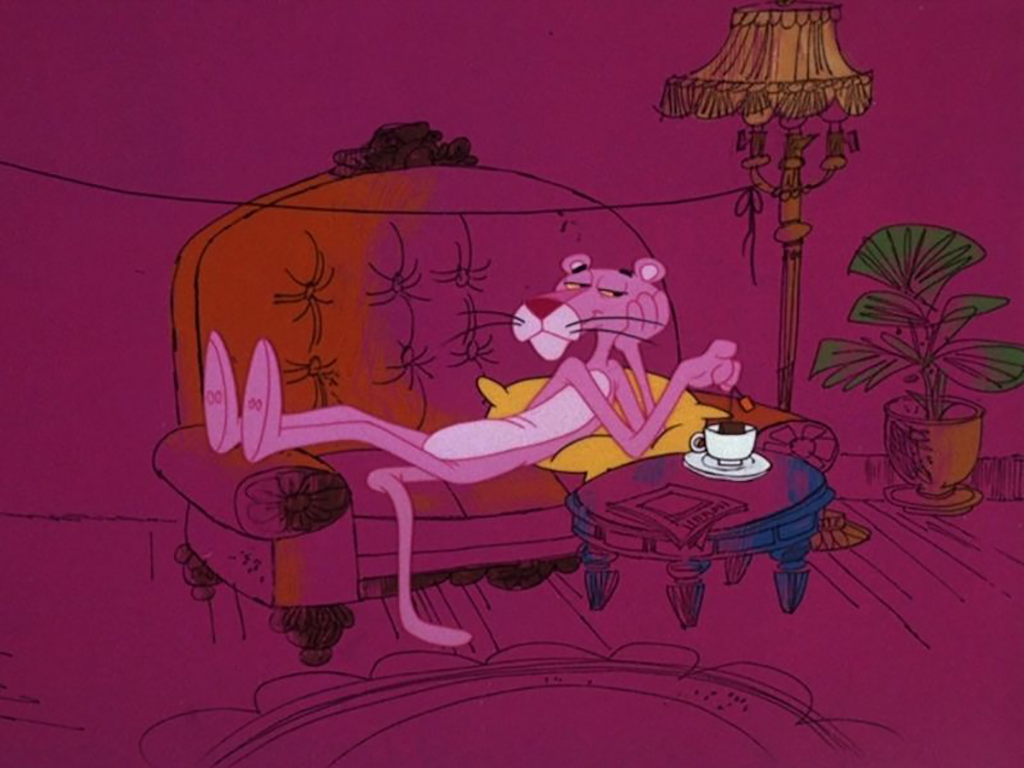I AM SO HAPPY IT'S OCTOBER. This is my favorite time of year. Summer is over, clothes are 10,000x better, and spending time outside is finally pleasant now that the most annoying bugs have begun to die. In her new novel, "Creation Lake" (which I talk about later), Rachel Kushner's protagonist brags about never getting bit by mosquitos. I wish I could brag about this, too, but those little fuckers love me and make the outdoors unbearable, especially in July and August. Because of this, summer is hibernation time and fall/winter is when I emerge from my air conditioned cave.
To be honest, I haven't been charmed by many new movies and have spent most of my free time reading novels and watching garbage tv. I just wrote a review of "My Old Ass" and even though I liked it, I suspect I might feel grouchier about it if I watched it again. It's not the kind of thing I'll revisit for years to come for nostalgia or a need for repeat analysis. And that's ok! A movie can do nothing revelatory and still be worthwhile, but idk... I want to be occasionally wowed, not just like, "That was sufficient." So far, 2024 has been full of sufficient (or straight-up unwatchable) movies and as a result, I've been disengaged. If you've seen anything this year that has truly knocked your socks off, please let me know in the comments and I'll give it a whirl.
TV
Or what Emily Gilmore would call "an opiate for the masses."
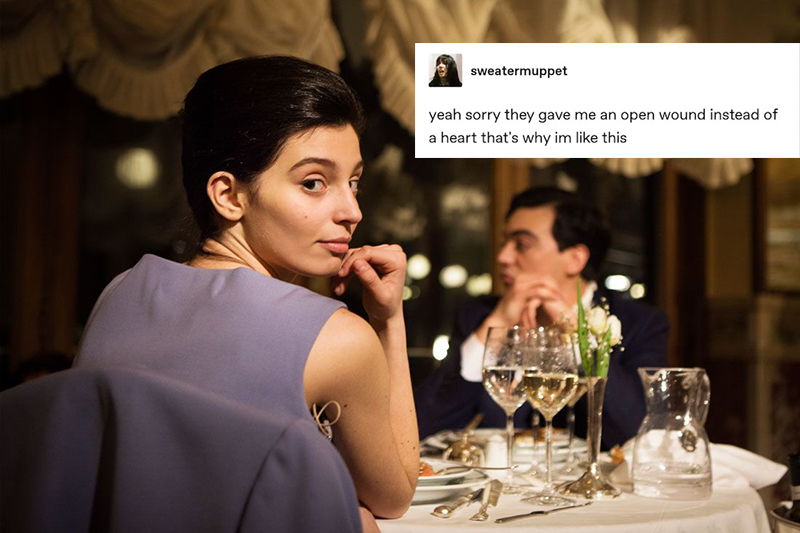
"My Brilliant Friend" on HBO
In case you've been living under a rock, Elena Ferrante's Neapolitan novels follow the friendship between Elena (nicknamed Lenù) and Raffaela (Lina or Lila), from childhood into their 60s between the years of 1951-2010. Like any good novel, they use this core relationship to explore a myriad of themes: political corruption in Naples (and Italy in general), the way that class differences alter life's trajectory, loss of self to motherhood, mental health struggles, and the crushing weight of the patriarchy. The series has been wildly popular and as of 2020, sold over 15 million copies worldwide.
Since Ferrante is so successful and writes under a pseudonym, there have been annoying attempts to unmask her real identity over the years, along with the insulting suggestion that she is a man. Considering this obnoxious media landscape, it's no wonder she wishes to remain anonymous until death. Anyway... in 2018, six years after the first book's US release, Saverio Costanzo's tv adaptation premiered on HBO with Ferrante's blessing (and notes). In an email interview with Repubblica (as quoted in The Hollywood Reporter), she says,
It is a good thing that those who write a book do not exercise a sort of veto right: the director must build his work, set up his show in complete freedom. Whatever happens, books do not need protection: they are there, definitively fixed, patient and invulnerable.
I was initially terrified to watch the show because I love the books so much and rarely find adaptations satisfying; however, this one stands out as something special, probably due to Ferrante's moderate interference and the talent of those involved. Unlike most of the movies from 2024, this show is something I'll rewatch for years to come. I have some issues with casting and the execution of specific scenes (especially in S4), but I consider "My Brilliant Friend" the gold standard of book-to-tv adaptations.
Lately, I've been rereading the novels and rewatching the show with the intention of kickstarting a new project on WiR where I analyze both together. The fourth and final HBO season wraps November 11 in the states, so I'll start the project sometime after that; I hope you'll join me.
Watch if you like: Complex relationships, "Olive Kitteridge," (Elizabeth Strout's books or the show with Frances McDormand), watching generational trauma unfold.
^ I'm shamelessly copying the NYT's beloved Read Like the Wind newsletter.
"Ripley" on Netflix
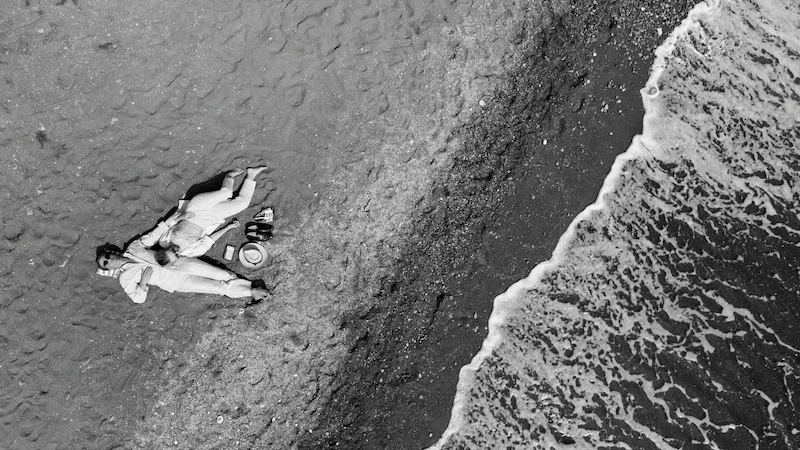
The best thing I did this summer is jump down the Tom Ripley rabbit hole. I had an absolute blast reading the books, watching the many adaptations, and learning about Patricia Highsmith's lifetime of reprehensible behavior (mainly anti-semitism and emotional abuse). Problematic shit aside, the Ripley character might be one of my all-time favorites and I love Andrew Scott's interpretation of him in Steve Zaillian's Netflix show.
For those not in the know, Ripley is one of those amoral characters with a sad, hinted at backstory of childhood abuse/neglect. In the beginning of the first book (there are five), he's living in NYC and supporting himself with small-time financial scams. When Dickie Greenleaf, the Logan Huntzberger-esque son of a shipping magnate, moves to Mongibello and refuses to return, Tom is mistaken for one of his close friends and hired by his father to retrieve him. The proximity to wealth intoxicates Tom and as he ingratiates himself with Dickie, lines blur and life-altering decisions are made.
I grew up in the '90s, so Matt Damon's portrayal in "The Talented Mr. Ripley" (Minghella, 1999) was my first exposure and what I had in mind while reading book one. Damon leans into the gentleness/vulnerability of the character and makes his bad choices seem less deliberate and more like opportunistic happenstance; Scott takes a sinister tack, which plays well with the black and white cinematography and overall tone of the show. Zaillian trades Mingella's preppy, beautified aesthetic for something much creepier, creating a delightfully unsettling viewing experience that feels like a natural extension of Highsmith's universe.
(Sidenote: I probably need to write something new about my relationship to art created by awful people because I'm not sure I completely agree with my previous self anymore. Maybe I should also read Claire Dederer's "Monsters.")
Watch if you like: Dark academia, homoeroticism, Hitchcock movies, talented cat actors (s/o to glorious Maine Coon, King).
"I Hate Suzie" on Max
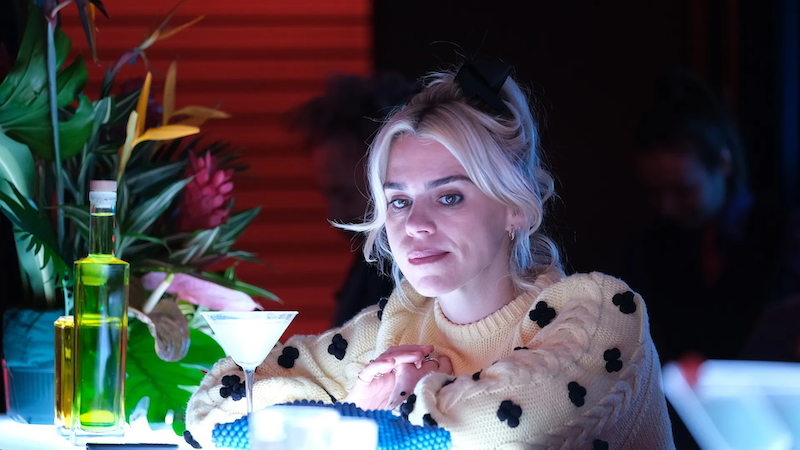
I watched this last year, so I can't remember the specifics (the single note I took says, "palace of cunts" 🤷🏼♀️), just that I was flummoxed to have totally missed the debut in 2020. Co-created by Lucy Prebble and Billie Piper (IRL friends who previously worked together on "Secret Diary of a Call Girl" and the 2012 play, "The Effect"), "I Hate Suzie" is about former child pop star/actor, Suzie Pickles (Piper), who is now a married adult with a young son. She's been out of the game for a while and is on the verge of a comeback when nude photos of her (with a man who's not her husband) are leaked online and everything implodes.
Each episode of the first season is structured around a different stage of trauma: shock, denial, fear, shame, bargaining, guilt, anger, and acceptance. The second season, titled "I Hate Suzie Too" is only three episodes and is described as "an anti-Christmas special." Both are excellent, albeit difficult to watch all at once unless you're the kind of person who doesn't find fictional chaos stressful. Suzie is an asshole narcissist who makes bad decisions and kind of sucks, but you understand why she's that way. Suzie is a product of her environment and it would be truly miraculous for her to make it to adulthood without an array of psychological issues. I've probably made the show feel like a downer, so it's worth pointing out that it's very fucking funny in the self-deprecating way I enjoy most.
Piper has said that the show isn't autobiographical, but the similarities between her life and Suzie's are impossible to ignore. At fifteen, she was a pop star with a No 1 debut hit, "Because We Want To." A few years later, she started acting and received increased attention (and vitriol) for her role as Rose Tyler in the 2005 "Doctor Who" revival. She was a constant fixture in UK tabloids, which chronicled her every move, especially her teen marriage to Chris Evans (no, not that one... this one). She talks about all of this on David Tennant's podcast, if you're curious to learn more. The tl;dr is that whether "Suzie" is autobiographical or not, there's no way Piper's experience with early fame didn't inform the approach.
Watch if you like: Women having nervous breakdowns, "Fleabag," Jemima Kirke's Instagram, dark humor, "I May Destroy You," the 'Austerlitz' episode of "Succession" (written by Prebble).
Here are some other recent-ish shows I've enjoyed (or hated in a fun way):
- "The Perfect Couple" on Netflix. This is peak smooth brain end of summer content. Dakota Fanning rules. Everyone smokes weed and fucks each other. Nicole Kidman's face never moves. I've loved Meghann Fahy since "The Bold Type" and I'm happy her star is rising even if it means being typecast in "The White Lotus"-esque knockoffs for the next five years.
- "Nobody Wants This" on Netflix. Kristen Bell has done a lot of good things over the course of her career and this is not one of them. The dialogue is bad, Noah gives me the ick (way too earnest 🤮), and none of the characters have believable chemistry. As Saul texted, "The whole thing was just half erect, if you know what I mean." But! Is it the perfect thing to put on when you're too braindead for anything else? Yes. I watched most of it with Sophie and it made me sad that we don't live in the same city/can't couch potato together all the time.
- S3 of "Hacks" on Max. When I turn 45, you're all invited to my colonoscopy party.
- Oh, and "Yellowjackets" is finally on Netflix, so watch it before it disappears, forcing you to sign up for a Paramount+ free trial that you'll inevitably forget to cancel. I'm a simple woman. I see Melanie Lynskey in something and I watch it. (Keep your eyes peeled for the Ferrante reference in S1.)
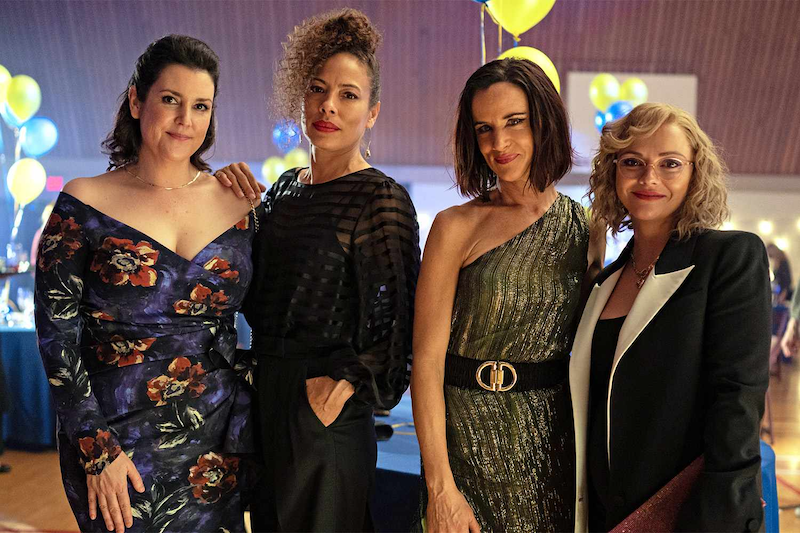
Movies
This list starts out relatively light and gets progressively more brutal. You've been warned.
"Lisa Frankenstein" (Williams, 2024) on Amazon Prime
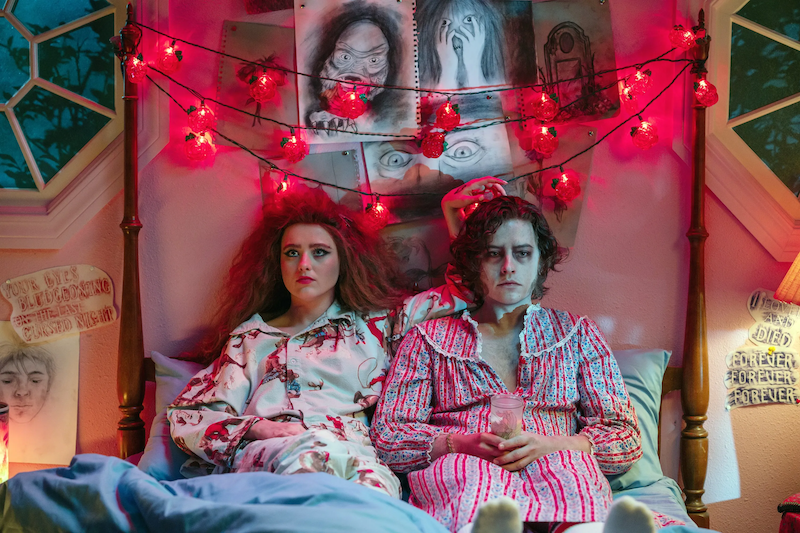
This movie got a quiet little release in February and then was totally ignored for the rest of the year. Where was the goth support? Teen Lindsay — who longed to wear Wet n Wild kohl eyeliner but never did because her mom said it made her look ugly — would have watched "Lisa Frankenstein" on repeat at every slumber party, eventually causing several friend breakups because people just couldn't take it anymore.
The plot is simple and honestly, inconsequential. Lisa Swallows (Kathryn Newton) is still grieving her mom's ax murder and struggling to embrace the new family her dad has married into when a reanimated Victorian corpse (Sprouse) enters her life and changes her perspective. Does that sound good to you or do you hate fun? Diablo Cody ("Jennifer's Body," "Young Adult") wrote the script and Zelda Williams directed. The beloved Carla Gugino plays Lisa's stepmom, Janet. Criminally underrated and fucked over pop singer, JoJo, covers REO Speedwagon's "Can't Fight This Feeling" for the soundtrack. Everyone involved is firing on all cylinders and Mary Shelley would be proud.
My friend Ashley, who saw the film with me in an empty theater (wtf), says,
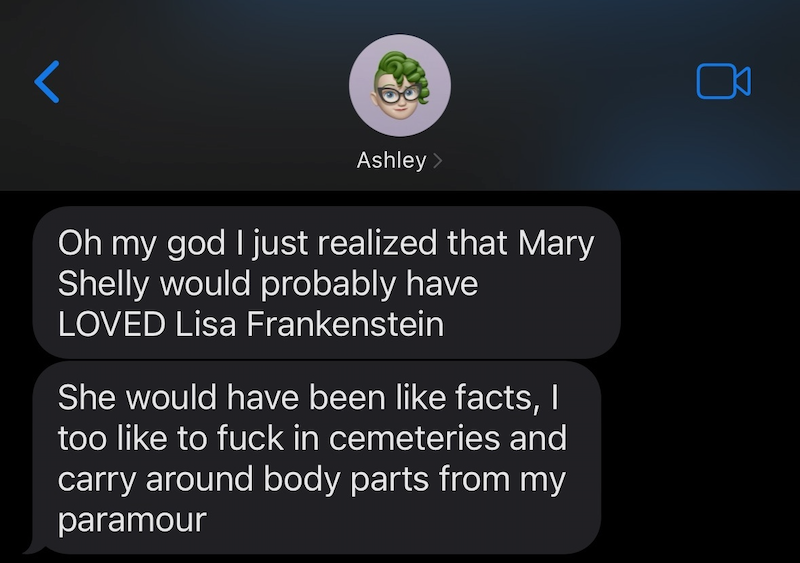
It's solid late 80s fun with quippy one-liners, critical moments involving a tanning bed, wonderfully ugly interior design, and lots of enormous crimped/teased hair held in place by Rave hairspray (natch). I also love that Lisa's stepsister, Taffy (Liza Soberano), actually feels like a fully formed character and not some 2D afterthought created for the purpose of drama. This one immediately entered my spooky season watchlist canon, to be bookended by "The 'Burbs" (Dante, 1989) and "Heathers" (Lehmann, 1989). It does fall apart in the third act, but whatevs.
Watch if you like: Letting your freak flag fly, midnight movies, smoking clove cigarettes in the cemetery after school, thinking about death.
"Love Lies Bleeding" (Glass, 2024) on Max
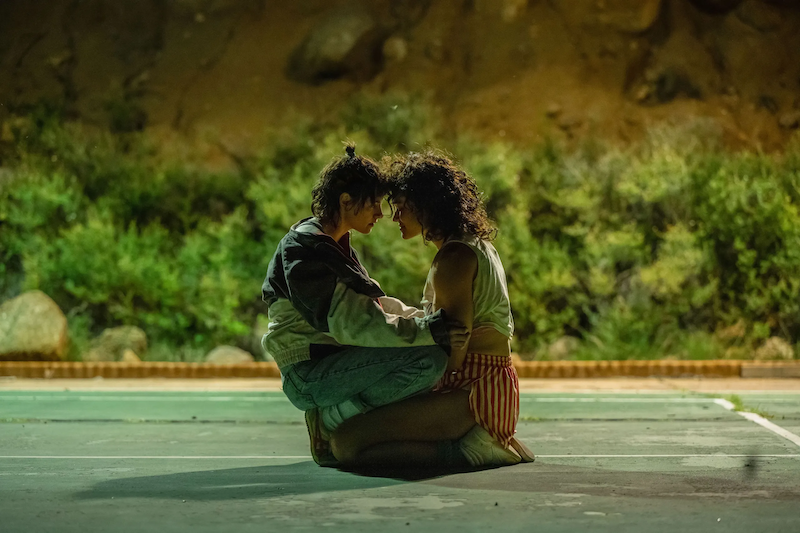
The problem with these infrequent newsletters is that I'm rarely writing about recent experiences, so I have to rely on my hazy long-term memory for details. I didn't love Rose Glass's first feature, "Saint Maud" (2019), although I only saw it once and now think it deserves a second chance because her second feature is a 2024 favorite. Loner Lou (Kristen Stewart) spends her days working at Crater Gym, shrugging off advances from local yokel, Daisy (Anna Baryshnikov). Aside from a cute orange cat, her life is devoid of anyone decent until bodybuilder Jackie (Katy O'Brian) appears and their whirlwind toxic romance begins.
Here's what I wrote in my journal after watching "Love Lies Bleeding" in March:
This movie is the best use of K. Stew since "Personal Shopper" (Assayas, 2016). The running joke about smoking cessation. The shots of veins popping and sweaty bodies. The lengths both women must go to if they want to protect themselves and their relationship. Daisy and her perfectly on-point batshittery (those teeth!) and Ed Harris's... is there a word for bald on top with a long mullet in the back? The conceit is set up with just enough detail and the sexual chemistry between the leads is strong. Seeing Jena Malone as an adult remains weird.
I saw it mostly as a story about what happens when you never break free from the toxic family who desperately tries to bring you down to their level. Their influence impacts your decision-making abilities, self-esteem, and the way you approach romantic relationships... every facet of life. You must either cut them off or die.
Watch if you like: Stories about codependency, mullets (almost everyone has one), watching people get the piss beat out of them, hypocrites, Paul Verhoeven.
"The Devil's Bath" (Franz and Fiala, 2024) on AMC+
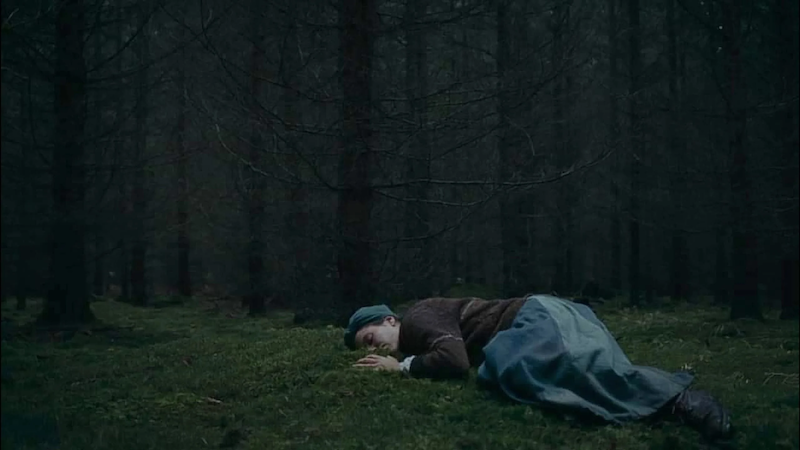
Before "The Devil's Bath," Veronika Franz and Severin Fiala made "Goodnight Mommy" (2014) and "The Lodge" (2019), two films I disliked despite my initial excitement for them. Their intriguing ideas were wrecked by poor execution and I walked away feeling like writing and directing was probably too much for the duo; it's extraordinarily difficult to do both well and most artists would be better off focusing on one. I'm happy to report that this movie proved me wrong. From the opening scene, I knew I had entered a cohesive vision that I wouldn't walk away from unscathed.
The film is based on UC Davis professor Kathy Stuart's book, "Suicide by Proxy in Early Modern Germany: Crime, Sin, and Salvation" (2023). For an academic, having your work adapted into a film has to be the career brag to end all career brags (Stuart talks about it here). Imagine being at a conference where people constantly try to one-up each other and you just slide in like, "I hope this ends soon because I have to go shopping for something to wear to Berlinale. You know, the huge festival where the film based on my book is premiering, probably to critical acclaim." I hope Stuart says bitchy things like this sometimes, especially to men who think they're better than everyone else. I digress!
I went into "The Devil's Bath" knowing absolutely nothing and I recommend doing the same, but I think some trigger warnings are in order, so here they are: child murder, extreme mental illness mixed with religious nutbaggery, and bodily mutilation/self-harm. To give you some context without any spoilers, the film is historical folk horror set in a rural peasant community in 18th century Austria. Women are trapped in domestic servitude without any escape because if they kill themselves, they'll go to hell. They come up with a solution to this problem that is somehow worse than anything you could possibly imagine.
Watch if you like: Robert Eggers, religious trauma, moss, silence, perpetual gloom, "Woodlands Dark and Days Bewitched: A History of Folk Horror" (2021, Janisse).
You should check these out, too:
- "A Question of Silence" (Gorris, 1982) on Tubi. I caught this when it was on the Criterion Channel in March (along with some of Gorris's other films) and oh, boy... I can't believe I hadn't seen it before. It's about a bunch of repressed women who finally snap (relatable). As the credits roll, you'll simultaneously want to cheer and punch the wall.
- "I Saw the TV Glow" (Schoenbrun, 2024) on Max. Sarah Winshall, my friend from grad school, produced this movie and I am very proud of her. It's made by a trans filmmaker and is an exploration of trans identity and feeling other than/like there's something more to life than what you've experienced. It's one of those a vibe movies, like "Lisa Frankenstein," where plot isn't so important because the atmosphere does a lot of heavy lifting.
- "Scala!!!" (Giles and Catterall, 2023) on Amazon Prime (via free trial of BFI Player). This joyful documentary about London's Scala cinema makes me jealous that I've never experienced anything remotely close in my lifetime. Even if you don't care about the history, I recommend watching for the eclectic assortment of interviews and the list of weirdo movies mentioned. I kept expecting to see Patti Smith, but she never showed.
- "Here" (Devos, 2023) on Criterion Channel. This one is for the fans of gentle, meditative cinema. If you liked "Perfect Days" (Wenders, 2023), you'll like this.
Books
When I was a kid, I used to pull out a book and start reading if someone bored me. I wish it was socially acceptable to do that as an adult.
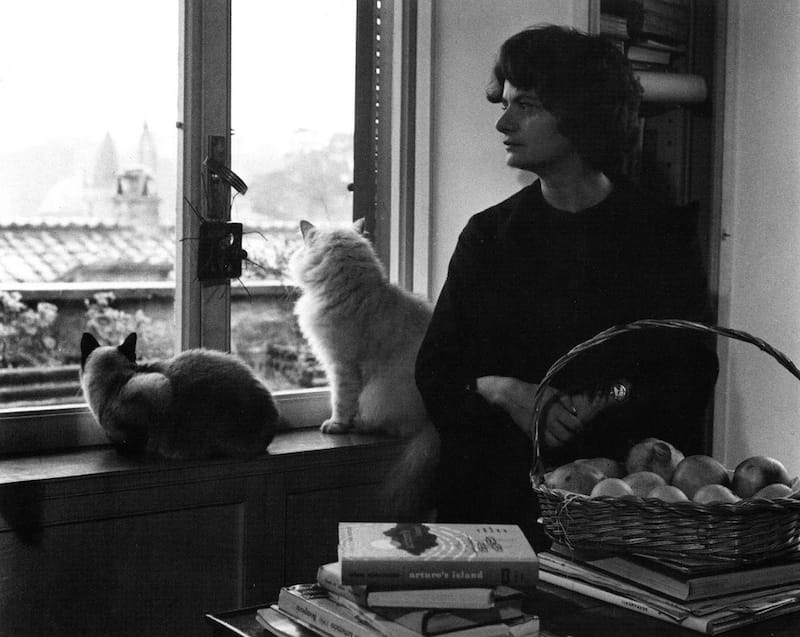
"Lies and Sorcery" (1948) by Elsa Morante
If someone described the plot to me, I'd be like, "Who cares?" And the same is true for Ferrante's Neapolitan novels. The intrigue of "Lies and Sorcery" comes from the character-building, the exploration of class dynamics without ever being too obvious, and the ability to pace 775 pages so well that only a small chunk drags. I was sometimes distracted by the shifting POV and Elisa, the protagonist, referring to herself in the third person in ways that didn't always make sense, but I was never bothered enough to stop reading. I'm also willing to concede that Morante was doing something sophisticated that I as a modern reader haven't thought about deeply enough to properly understand (or maybe some nuance was lost in translation).
I miss this type of novel where there is no grand message and sometimes the world just sucks, especially for people with no money/fucked up families. I recently watched Kubrick's "The Killing" (1956) and feel like that movie, especially the ending with the money flying away on the tarmac and Johnny's resigned, "What's the difference?" has the same spiritual energy as this novel. Elisa spends all her time shut up in a room, recounting her family's history to an unknown reader, and begins exactly where she started. She tries to sort through her trauma, to understand herself and improve her life, but ultimately, what difference does it make? She's doomed to a specific fate from the day of her birth.
P.S. I feel like Ferrante read this novel and thought, "What if Edoardo was less of a himbo and more of an intellectual?" and that's how we got Nino Sarratore.
P.P.S. If ~800 pages is too much, read "Arturo's Island" (1957).
Read if you like: Unreliable narrators, stories about different generations of women, social climbing, cats, Charles Dickens.
"The Friday Afternoon Club" (2024) by Griffin Dunne
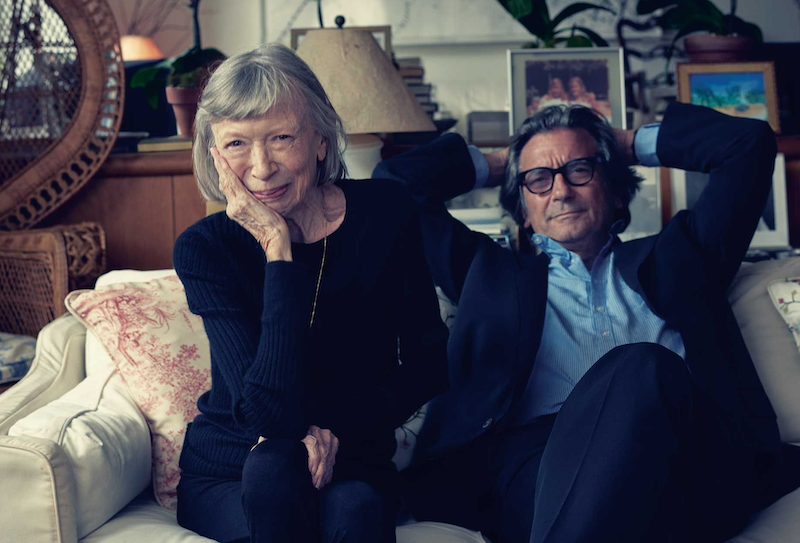
Griffin Dunne (director of "Practical Magic, star of "After Hours" and "An American Werewolf in London") grew up in one of those families that plebs like me dreamed about as a child. His father, Dominick, was a marginally successful film producer until he was blackballed and became an even more successful writer. When his daughter (Griffin's sister), Dominique, was strangled by her ex-boyfriend, Dominick wrote about the trial in Vanity Fair, thus beginning the crime reporting chapter of his career. He's probably best known for covering high profile trials like O.J. Simpson and the Menendez brothers, but he also wrote some fantastic novels, including "The Two Mrs. Grenvilles" (1986). Griffin's aunt and uncle, Joan Didion and John Gregory Dunne, require no introduction.
As a child, Griffin grew up in an environment where it wasn't unusual to casually know Stephen Sondheim or have Elizabeth Montgomery as a babysitter. He and his immediate family weren't famous, but they had proximity to fame that most people can only dream of. Bret Easton Ellis was fascinated by them and if you've read "The Shards," you're probably already aware of Dominique's murder (albeit fictionalized) and the effect it had on that LA sphere. She was 22 years old and had just starred in "Poltergeist" (Hooper, 1982) when her trash abuser (who served an insulting three-year sentence) cut her life short.
Reading a memoir full of constant name-dropping and privilege could quickly become obnoxious, but this mixture of tragedy and luck gives it a sense of poignancy, along with Griffin's humorous self-awareness. Come for the stories about Carrie Fisher, leave with the feeling that none of us are safe from life's cruelties.
Read if you like: Hollywood gossip, dysfunctional families, 'The Contest' episode of "Seinfeld" (but with a Scorsese twist), Truman Capote.
"Creation Lake" (2024) by Rachel Kushner
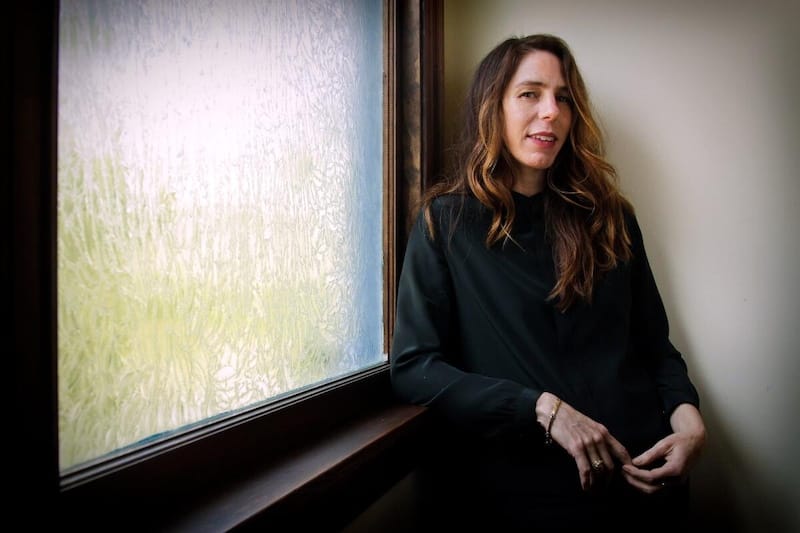
In his review for the London Review of Books, Brandon Taylor says, "I couldn’t decide if ["Creation Lake"] was a smart person’s idea of a stupid book or a stupid person’s idea of a smart book." What if it's a smart person's book that makes stupid people insecure because they don't understand it and are too lazy to try? That's a valid third option and if you've read anything by Kushner, you'll know what I mean. This isn't a novel you pick up when you want something quick and fun that requires limited analysis. You will reach the end with a list of unanswered questions and won't get any closure unless you spend time puzzling through everything at the end. If that's not appealing, this book is not your jam.
It's described as an espionage novel and I guess it is, just not in the traditional sense. Sadie Smith is an undercover spy working in the private sector to take down Le Moulin, a commune of environmental activists in southwest France who oppose government decisions that benefit corporate farming. As part of her surveillance, she begins monitoring (and becomes obsessed with) emails from the commune's mentor, Bruno Lacombe, who has been living in a cave for the past twelve years. As far as plot goes, that's the basic setup. The book's structure ping-pongs between present day, the start of Sadie's assignment, Bruno's emails, and both characters' backstories.
"Creation Lake" is not the type of novel that keeps you on the edge of your seat like, "Oh, shit... What's going to happen next?" The most compelling thread is the one-sided relationship between Sadie and Bruno and the way his words slowly change her into someone with a soul instead of an unscrupulous person who will do anything for money.
If you're new to Kushner, start with "The Flamethrowers" (2013).
Read if you like: The French New Wave, morally ambiguous protagonists, Jean-Patrick Manchette, political philosophy, mean one-liners.
These are the books at the top of my TBR pile:
- "Intermezzo" (2024) by Sally Rooney. Read this if you're curious about the conversation surrounding Rooney's thin brunette protagonists.
- "Us Fools" (2024) by Nora Lange. Two Dollar Radio is one of my favorite indie presses. Go visit them if you're in Columbus, OH!
- "Black Punk Now" (2024) edited by James Spooner and Chris L. Terry. This is an anthology with comics, fiction, non-fiction, interviews, etc.
- "Miss May Does Not Exist" (2024) by Carrie Courogen. I have no excuse for why I haven't gotten to this yet. I preordered it and everything.
- "The Lamb" (2025) by Lucy Rose. I have a galley of this that I'm going to read on vacation. I hope it's a gut punch.
Until next time 👋 (Which could be one year from now.)

